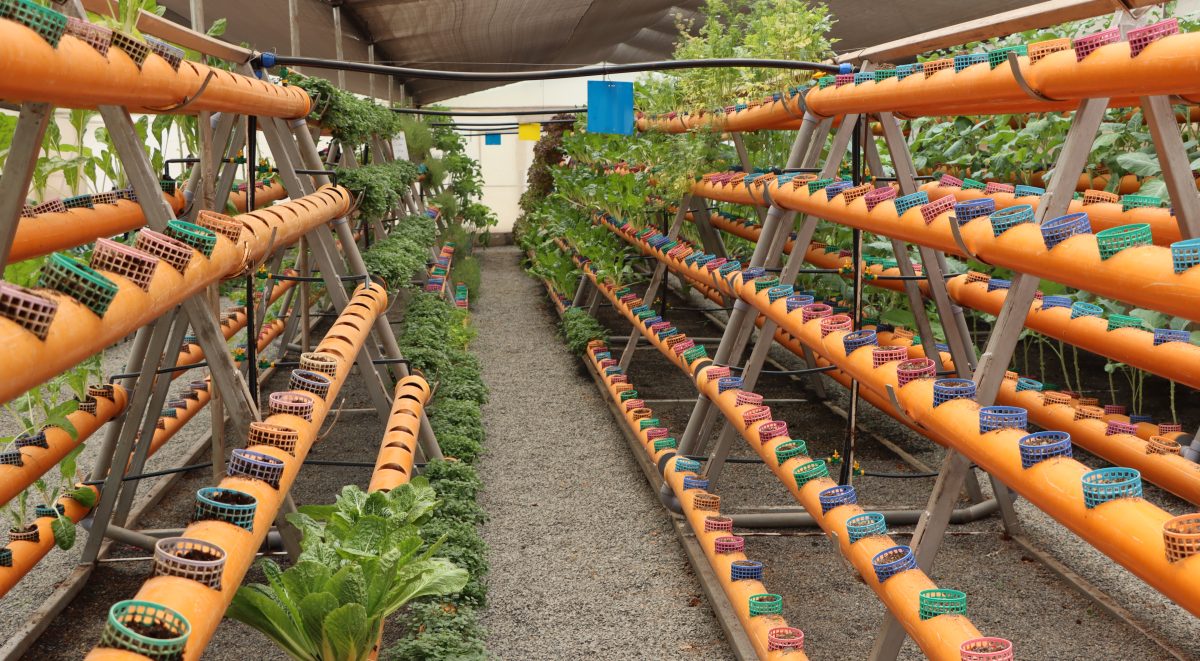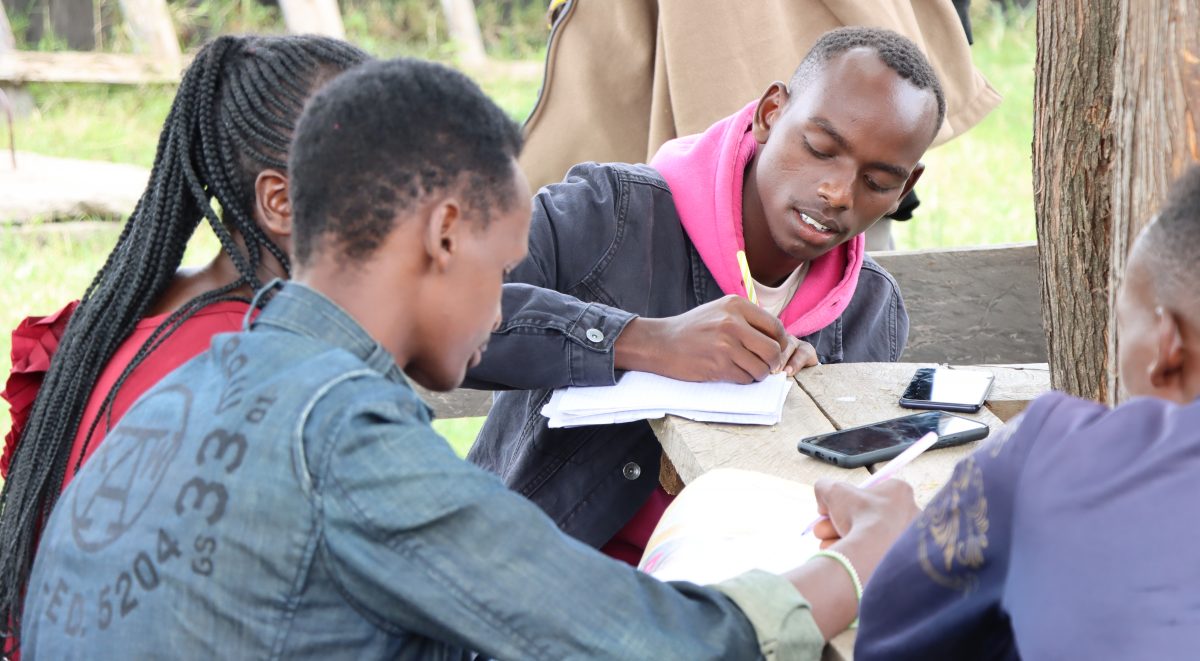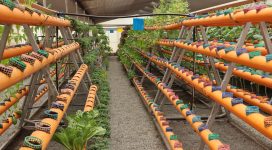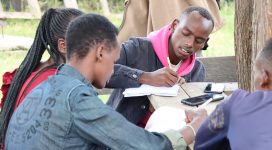As part of the 2nd Harambee Prize for ‘Young African Entrepreneurs’.
Objective of the Award:
To help promote conditions for young Africans to start their own businesses, creating self-employment and new jobs for other young people, providing concrete responses to the widespread consequences of youth unemployment such as crime or regional or international migration.
Partner: Strathmore University
Selected project promoter: NGOTIEK BENSON.
The enterprise will be run by a selected group of graduates trained by the Sekenani youth group, coordinated by N. Benson, as part of the Sekenani envirotech hub supported by the Strathmore Business school.
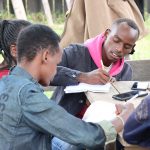

Context:
Kenya is grappling with severe food insecurity, even with the current rapid economic growth (Global Hunger Index 2018, 77th out of 119 countries). Inefficiencies exist in food systems, in the networks needed to produce and process food and ensure that it reaches consumers; this leads to high prices and insufficient market supplies, limiting food availability and access. The project area is Sekenani, a rural town on the edge of the Masai Mara National Reserve. The village relies on tourism and pastoralism as its main economic activity.
There is a need to create opportunities for alternative economic activities, considering the difficulties in tourism and pastoralism, as well as the high levels of graduate unemployment in the village. Tourism is a seasonal activity and mainly benefits the hospitality industry rather than the local community, while pastoralism is severely challenged by changing climatic conditions, particularly drought.
Amidst these challenges, there is an opportunity for agricultural enterprises, considering the local market created by hotels, lodges, campsites and individuals in the community. Vegetables and herbs consumed in and around Sekenani are transported to Nakuru and Bomet, some 200 km away. This means that the produce is often not fresh when it arrives in the locality and prices are high to cover transport costs.
The hydroponic farm aims to address this challenge by producing the vegetables and herbs locally. In addition, Sekenani has a large number of young graduates who return to the village after school and are jobless. They have the capacity to learn but lack the opportunity to apply their knowledge and skills. The farm will offer training and employment to these young people.
Objectives and activities
The aim of this project is to create a self-sustainable hydroponic farm in Sekenani that will produce vegetables and herbs to be sold in local villages, hotels and camps in Masai Mara and create employment and learning opportunities for unemployed youth in the local community. The Sekenani environtech hub is well networked in the region, including hotels and lodges. The social capital will provide a means to capture the existing market for vegetables and herbs.
Unlike conventional farming, hydroponic plants are easy to grow and maintain because the environment is tightly controlled and monitored. A hydroponic farm provides higher levels of productivity using a relatively smaller space. Considering the importance of producing good food in bulk, the project will have an advantage over its competitors. Moreover, the biggest competitive advantage of the business is the variety and quality of the products offered. The company will produce fresh, healthier and tastier food for customers.
Grant: 10,000 euro.

